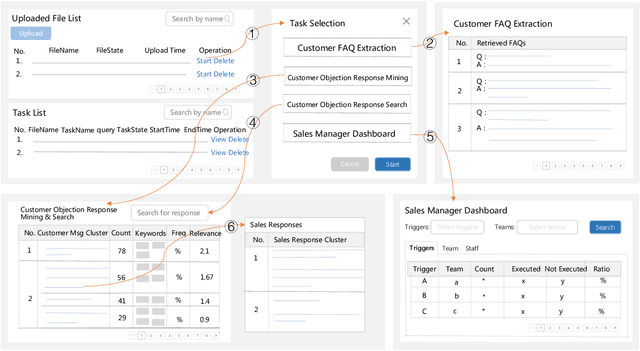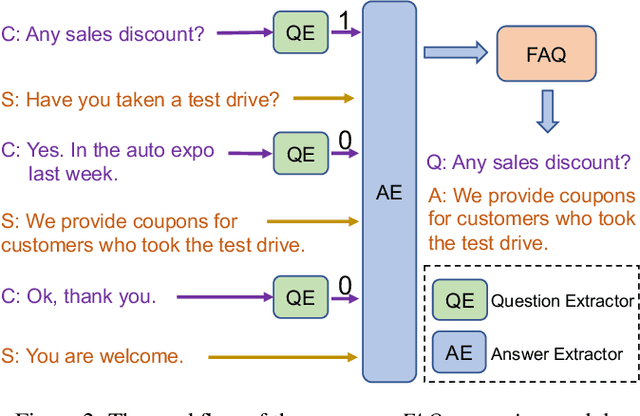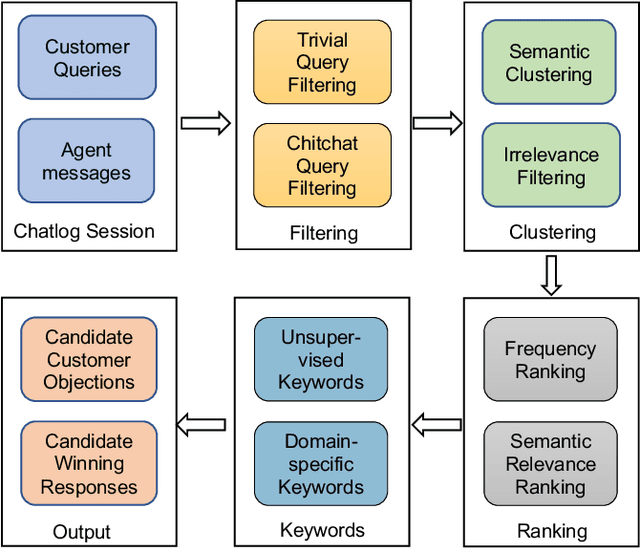Hua Liang
MolBridge: Atom-Level Joint Graph Refinement for Robust Drug-Drug Interaction Event Prediction
Oct 23, 2025Abstract:Drug combinations offer therapeutic benefits but also carry the risk of adverse drug-drug interactions (DDIs), especially under complex molecular structures. Accurate DDI event prediction requires capturing fine-grained inter-drug relationships, which are critical for modeling metabolic mechanisms such as enzyme-mediated competition. However, existing approaches typically rely on isolated drug representations and fail to explicitly model atom-level cross-molecular interactions, limiting their effectiveness across diverse molecular complexities and DDI type distributions. To address these limitations, we propose MolBridge, a novel atom-level joint graph refinement framework for robust DDI event prediction. MolBridge constructs a joint graph that integrates atomic structures of drug pairs, enabling direct modeling of inter-drug associations. A central challenge in such joint graph settings is the potential loss of information caused by over-smoothing when modeling long-range atomic dependencies. To overcome this, we introduce a structure consistency module that iteratively refines node features while preserving the global structural context. This joint design allows MolBridge to effectively learn both local and global interaction outperforms state-of-the-art baselines, achieving superior performance across long-tail and inductive scenarios. patterns, yielding robust representations across both frequent and rare DDI types. Extensive experiments on two benchmark datasets show that MolBridge consistently. These results demonstrate the advantages of fine-grained graph refinement in improving the accuracy, robustness, and mechanistic interpretability of DDI event prediction.This work contributes to Web Mining and Content Analysis by developing graph-based methods for mining and analyzing drug-drug interaction networks.
SmartSales: Sales Script Extraction and Analysis from Sales Chatlog
Apr 19, 2022


Abstract:In modern sales applications, automatic script extraction and management greatly decrease the need for human labor to collect the winning sales scripts, which largely boost the success rate for sales and can be shared across the sales teams. In this work, we present the SmartSales system to serve both the sales representatives and managers to attain the sales insights from the large-scale sales chatlog. SmartSales consists of three modules: 1) Customer frequently asked questions (FAQ) extraction aims to enrich the FAQ knowledge base by harvesting high quality customer question-answer pairs from the chatlog. 2) Customer objection response assists the salespeople to figure out the typical customer objections and corresponding winning sales scripts, as well as search for proper sales responses for a certain customer objection. 3) Sales manager dashboard helps sales managers to monitor whether a specific sales representative or team follows the sales standard operating procedures (SOP). The proposed prototype system is empowered by the state-of-the-art conversational intelligence techniques and has been running on the Tencent Cloud to serve the sales teams from several different areas.
 Add to Chrome
Add to Chrome Add to Firefox
Add to Firefox Add to Edge
Add to Edge